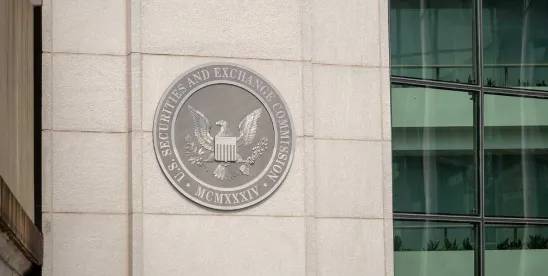On June 25, 2025, the SEC’s Office of the Investor Advocate (OIAD) released its annual report to Congress on its policy priorities for fiscal year 2026. The office was established by Congress to focus on retail investor issues and, in many years, its annual report draws limited attention. This year’s report is notable because it places the inclusion of private equity, private credit and other alternative strategies in retirement savings plans (such as 401(k) plans) on its short list of 2026 policy priorities. If retail investors are given greater latitude to invest in private funds through their retirement plans, they could become a significant new source of capital for private fund managers.
Although OIAD does not write rules, its work reflects the Commission’s agenda and shapes the final outputs. Its staff conducts research that can inform how the Commission designs rules, for example, by providing evidence of investor preferences to regarding particular asset classes and their level of understanding of common investment structures. This information could, in turn, be used to design any guardrails the SEC may impose or to support the cost-benefit analysis the SEC is required by statute to conduct.[1]
OIAD’s focus does not guarantee imminent rulemaking; however, history shows that themes highlighted in its reports frequently reappear elsewhere on the SEC’s agenda. The inclusion of private market issues in OIAD’s report provides further confirmation, alongside other recent changes at the SEC and elsewhere,[2] such as abandoning the previous informal limitation on closed-end funds’ investments in private funds as well as recent statements from the SEC Commissioners and staff, that easing the path for retail investors to invest in alternative assets through their retirement savings plans is one step closer to becoming a reality.[3]
[1] The economic analysis section of a rulemaking release is frequently nearly the same length as the legal section. SEC rules have been regularly overturned on the basis of flaws in the economic analysis, as opposed to the legal analysis. By taking the extra time to assemble strong economic evidence in advance of a rulemaking action, the SEC could help to create a rule that will survive legal challenge.
[2] For example, the United States House of Representatives recently passed a bill that would expand the definition of accredited investor to include additional categories of professional certification, which could expand the universe of eligible investors in private funds. Similar bills have been passed before only to languish in the Senate, but the near-unanimous approvals by of the House’s bills may indicate a broadly bipartisan coalition is developing in favor of increased access to private investments.
[3] Rule changes at the SEC are not the only actions that must take place before retirement plan investments in private funds become widespread. This would likely also require action by the Department of Labor (which, reportedly, could be the subject of a future executive order) as well as decisions by individual plan fiduciaries to add funds to their platforms. While the SEC’s actions alone will not change the environment for private fund managers, they represent an important step along the path.




 />i
/>i
